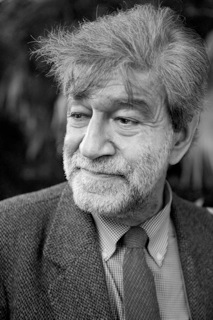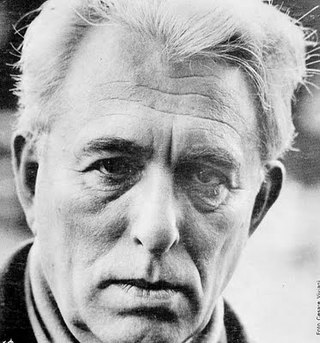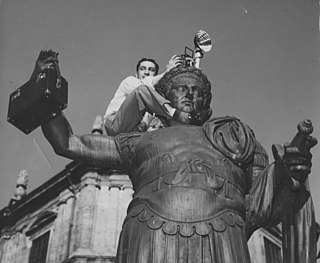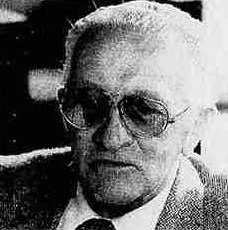External links
- Works by Silvana Grasso, on Open Library, Internet Archive.
| International | |
|---|---|
| National | |
| Other | |
Silvana Grasso (Macchia di Giarre, 3 June 1952) is an Italian writer.
Grasso was born in Macchia di Giarre, where she currently lives and works as a philologist, writer, and critic for Tuttolibri , La Sicilia, and la Repubblica (Palermo edition).
Her books have been translated into English, Greek, German, Danish; while her plays have been performed in several Italian cities, and in France and Spain. She was an assessor for the Beni Culturali for the Comune di Catania (2007–2008), where she carried out the project "Una cultura da Castello", aimed at bringing attention to and renovating the Castello Ursino.

Francesco de Sanctis was a leading Italian literary critic and scholar of Italian language and literature during the 19th century.

Piero Camporesi was an Italian historian of literature and an anthropologist. He was a professor of Italian literature at the University of Bologna.

Luigi Zoja is an Italian psychoanalyst and writer. He took a degree in economics and did research in sociology during the late 1960s. Soon thereafter he studied at the C. G. Jung Institute in Zurich. After taking his diploma, Zoja returned to Zurich to work at a clinic for several years. He maintains a private practice in Milan. He also practiced for two years in New York City, during a period that bracketed the terrorist attacks on New York and Washington, D. C. He has taught regularly at the Zurich Jung Institute, and also on occasion at the Universities of Palermo and Insubria. From 1984 to 1993, Zoja was president of CIPA, and from 1998 to 2001 was president of the IAAP. Later he chaired the IAAP's International Ethics Committee. His essays and books have appeared in 14 languages.

Margaret Mazzantini is an Italian-Irish writer and actress. She became a film, television and stage actor, but is best known as a writer. Mazzantini began her acting career in 1980 starring in the cult horror classic Antropophagus, she has also appeared in television and theatre. As a successful writer, her novels include Non ti muovere which was adapted into a film of the same name and is directed by her husband Sergio Castellitto and stars Penélope Cruz. Her career as a writer and actress has earned her several awards and nominations including Campiello Awards, a Golden Ticket Award, and a Goya Award.

Raffaele La Capria was an Italian novelist and screenwriter.
Giorgio Bàrberi Squarotti was an Italian academic, literary critic and poet. He taught at the University of Turin from 1967 until his death in 2017. He was considered to be one of the most important literary critics of his time.

Alessandro Barbero is an Italian historian, novelist and essayist.

Franco Fortini was the pseudonym of Franco Lattes, an Italian poet, writer, translator, essayist, literary critic and Marxist intellectual.
Giulio Petroni was an Italian director, writer, and screenwriter, best known for his spaghetti westerns Death Rides a Horse (1967), with Lee Van Cleef in one of his first starring roles, A Sky Full of Stars for a Roof (1968), and Tepepa (1969), with Orson Welles and Tomas Milian.

Alberto Cavallari was an Italian journalist and writer.

Pier Antonio Quarantotti Gambini was an Italian writer and journalist, author of novels, poetry, and essays.
Francesco Orlando was an Italian literary critic, essayist and university professor specialized in French literature.
Giovanni Orelli was a Swiss poet and writer who worked in Italian and the Ticinese dialect. His cousin Giorgio Orelli was a poet and literary critic.

Giorgio Ficara is an Italian essayist and literary critic. He is Full Professor of Italian Literature at the University of Turin.

Chiara Frugoni was an Italian historian and academic, specialising in the Middle Ages and church history. She was awarded the Viareggio Prize in 1994 for her essay, Francesco e l'invenzione delle stimmate.
Salvatore Lupo is an Italian historian and author from Siena, specializing in the Sicilian Mafia.

Tullio Farabola was an Italian photographer.

Massimo Mila was an Italian musicologist, music critic, intellectual and anti-fascist.
Carmelo Samonà was an Italian academic and writer, as well one of the most important Italian Hispanists.

Carla Cerati was an Italian photographer and writer. She began her career focusing on social and cultural issues through her lens. Her work often depicted the bourgeois lifestyle of Milanese high society, and she was known for capturing intimate moments with her subjects. In 1974, she published Mondo Cocktail, a photo book showcasing the lavish cocktail parties of Milan's elite, and in 1978, she released Forma di donna, a collection of nude female portraits. She also worked as a fashion photographer and collaborated with various publications throughout her career. Cerati passed away in 2020, leaving a compelling and thought-provoking photography legacy.